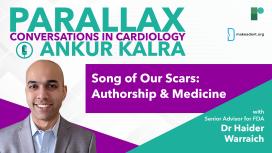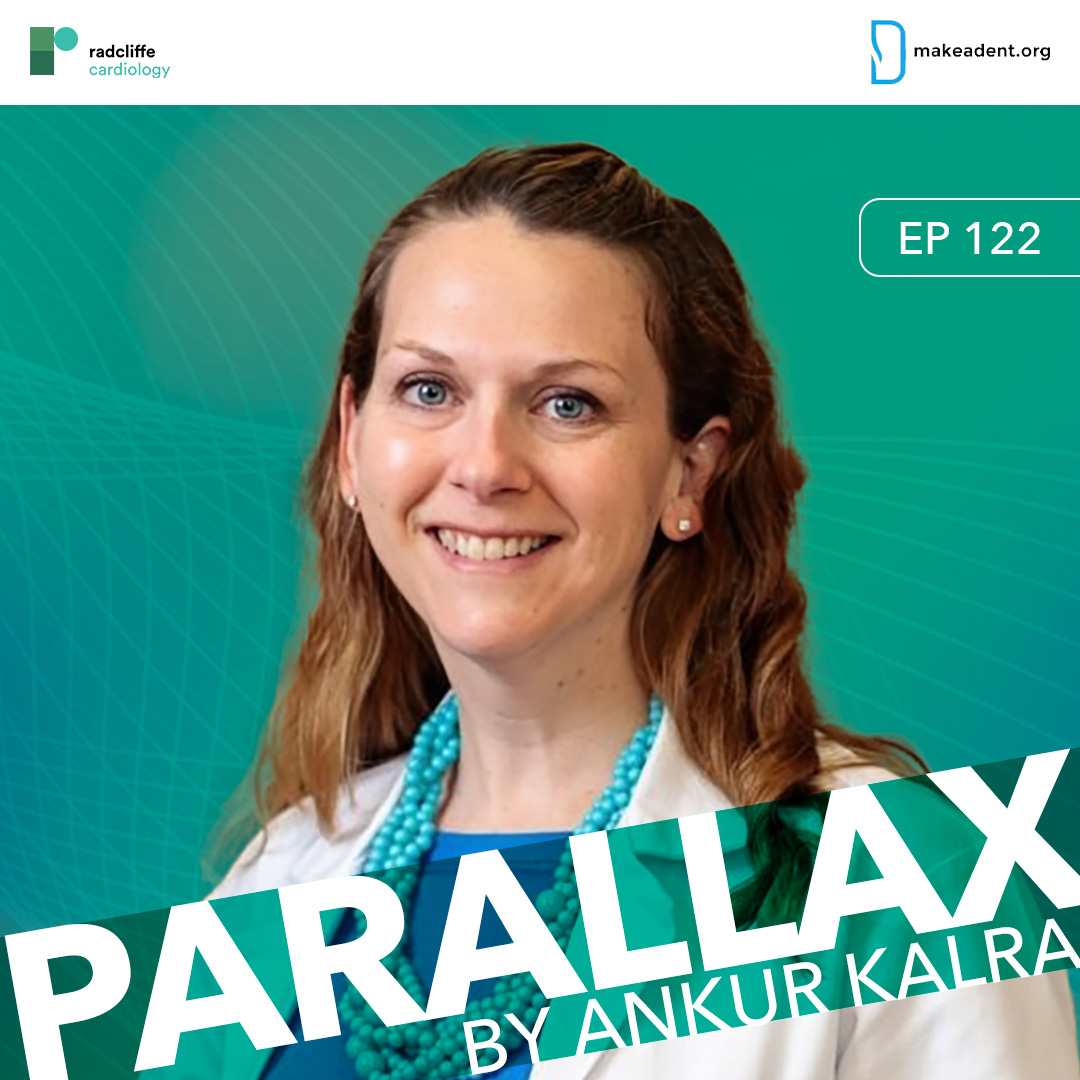
In this thought-provoking episode of Parallax, Host, Dr Ankur Kalra engages in an illuminating conversation with Dr Karen Joynt Maddox, a distinguished cardiologist and health policy researcher at Washington University School of Medicine in St. Louis. Together, they navigate the complex intersection of cardiovascular medicine, health economics, and public health policy.
Dr Joynt Maddox shares her unique journey into health economics research, offering valuable insights for cardiologists considering this vital career path. The discussion delves deep into the need for enhanced collaboration between clinicians and policymakers, emphasizing how physicians' frontline experiences can inform more effective healthcare policies.
In examining the growing presence of private equity in cardiology practices, Dr Joynt Maddox provides nuanced insights into this transformative trend. Through thoughtful analysis, she explores how this financial model shapes healthcare delivery, innovation, and patient outcomes. The conversation extends to broader economic challenges in cardiovascular medicine, particularly the intricate balance between fostering medical innovation and ensuring accessible, affordable care for patients.
Drawing from her extensive research experience, Dr Joynt Maddox emphasizes the role of social determinants in cardiovascular health outcomes. The episode concludes with a compelling discussion on integrating public health principles into medical education, offering a vision for a more holistic approach to cardiovascular care.
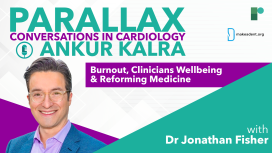



They talk about AI assisted consultation, learning pathways incorporating simulators for early career practitioners and the Flying Eye Hospital. Dr Cherwek shares his experiences about working with local teams globally and the work that goes into setting up trials across the world.
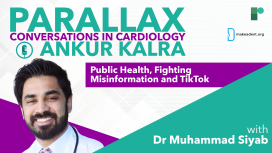
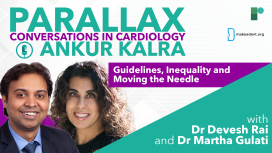
Dr Ankur Kalra’s guests this week are Dr Martha Gulati, internationally recognized cardiologist specializing in Women and Heart Disease, Heart Disease Prevention and Dr Devesh Rai, first year cardiology fellow at Rochester General Hospital.


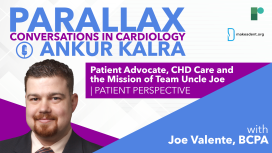
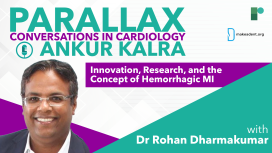

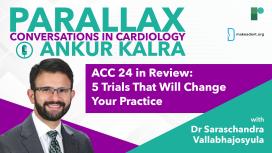
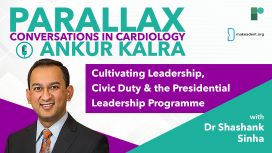
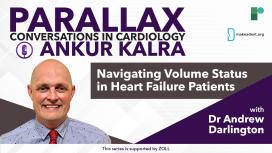
Together, Dr Kalra and Dr Darlington delve into the significance of assessing volume status in patients with heart failure, highlighting its continued relevance in 2024, including the availability of new diagnostic tools, including the Heart Failure Management System (HFMS).
This series is supported by ZOLL and is intended for Health Care Professionals.
